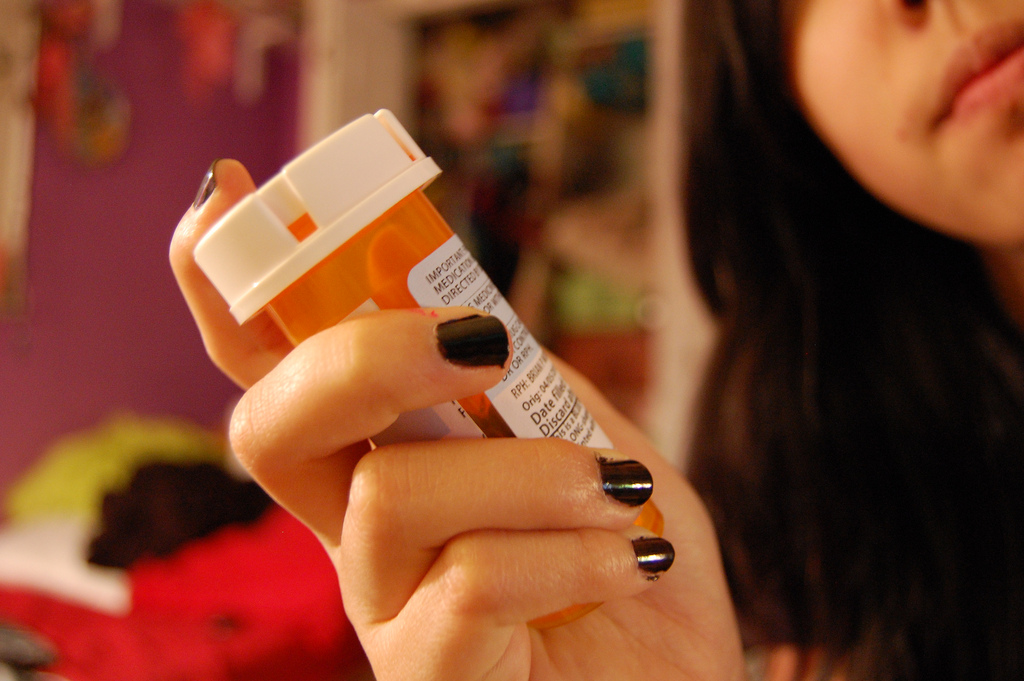Why teens don’t care about the consequences
During the period of adolescence it’s quite common for kids to experiment with tobacco, alcohol, and drugs. Adolescents see it as fun and ‘cool’. They are curious and want to know everything, have new experiences, and live outside social norms. In many cases, they do not see their present actions through the eyes of adults.
We know that using alcohol, drugs, and tobacco at a young age has negative health effects. Don’t our adolescents know this too?
Yes, they know all these things. But, our teens and young adults tend to feel strong, indestructible, or insusceptible to the problems and concerns of others. Basically, they are in their own world.
Why are some teens prone to addiction?
Many have tried to pinpoint the reasons that compel youth to start using tobacco, alcohol, prescription medications and/or illicit drugs. Some addiction professionals attribute substance abuse disorders in this populuation to the social circles, genetics, other health problems, peer pressure, etc.
So, what is true?
Well, every individual is different and anyone can get ‘hooked’ on a substance. The roads that lead to addiction are diverse. To help you navigate the causes of substance abuse disorders in teen, we’ve compliled a list of things that are considered possible causes for teens’ addictive behavior:
1. Some teen brains work differently
Researchers have found some important differences in the brains of teenagers and adult rats. Scientists now state that because of how differently the brains react to a food reward, adolescents are more prone to addiction, depression and schizophrenia. The brains of adolescents, more specifically, the region of the brain where decisions and habits are formed, is a region influenced by rewards. This means that a reward can influence teens’ decision-making process, as well as the formation of habits.
2. Addiction “runs in the family”
Adolescents who use drugs are more likely to have one or more parents who also use drugs. In fact, statistics show that if you have another family member with a drug problem, everyone is influenced by it. Children of addicted parents are the highest risk group of children to become alcohol and drug abusers due to both genetic and family environment factors.
3. Genetic predisposition
Even though specific genes responsible for addictive affinities have not yet been located, scientists have recognized that genetic predispositions for addiction DO exist. Researchers speculate that addictive behavior is connected to dopamine in the brain. That’s why while some teens merely experiment with various substances, others are naturally driven to continue using regularly. The teens that would usually continue using get more pleasurable effects from dopamine or have a deficit of the “feel good” hormone to begin with. This is why parents should be espeically cautious in guiding teens who have a genetic relationship with an addict.
4. Social surroundings
How influential is peer pressure? The answer is VERY! Many teens start smoking tobacco, drinking alcohol, or experimenting with drugs to avoid being stigmatized by friends, because they want to “fit in”, or to impress others.
Today’s kids also live in a world where drugs and alcohol are ever-present. Plus, it’s hard to keep up with the emerging trends and new popular drugs. There are synthetic drugs that weren’t around only a few years ago, and these include things called “bath salts,” “K-2,” and “spice.” Teens are also increasingly abusing prescription medications and/or over-the-counter (OTC) medicines.
5. Some teens are thrill-seekers
Teenagers who like adrenaline rushes may be facing a greater risk of developing addiction to a substance that produces euphoria. So, if parents notice such thrill-seeking behavior in their children, they can help teens find better ways to channel that energy and by doing so, keep them away from drug use.
6. Mental health problems
If a teenager has problems with psychological health, it poses as a great source of stress. Stress relief can be the underlying reason for substance abuse in adolescents who have underlying mental conditions. These include teenagers with social anxiety disorder, generalized anxiety disorder, or attention-deficit/hyperactivity disorder (ADHD), depression. This group also includes kids that have been exposed to physical or sexual abuse, and others. Teens with a dual diagnosis of both a mental health disorder and a substance abuse issue, are advised to be enrolled in a treatment program that can address both problems at the same time.
7. Method of administration
Teens who use drugs a certain way are more prone to become addicted to them. Scientists believe that smoking or injecting a substance increases the drug’s addictive potential. By administering drugs in such a way, the effects are felt almost immediately. First, a pleasurable rush is produced, but as this intense ‘high’ fades, it brings users to an unwanted ‘low’. The low feeling usually drives young people to continue use and to repeatedly seek the pleasurable state.
How can I talk to my teen?
So how can you prevent drug abuse in your teen?
First, as parents you can be open about this subject. Instead of lecturing, try to be interested in their point of view and listen to their opinions about drug use. Having an open conversation, and offering understanding instead of judging can make a big difference.
Also, you need to be ready to discuss your own past drug use experiences, and share your thoughts on this subject. In addition, education is a good approach. Discuss real health problems and dangers. You can also consider media messages or search online for documentaries on the subject of drug use, abuse, addiction and consequences.
While prevention can reduce your teens chances of abusing drugs by over 50%…what can you do if you find that your teen has a drug problem? Please reach out, and let us know. We’ll do you best to refer you to a professional who can help.











0 Comments